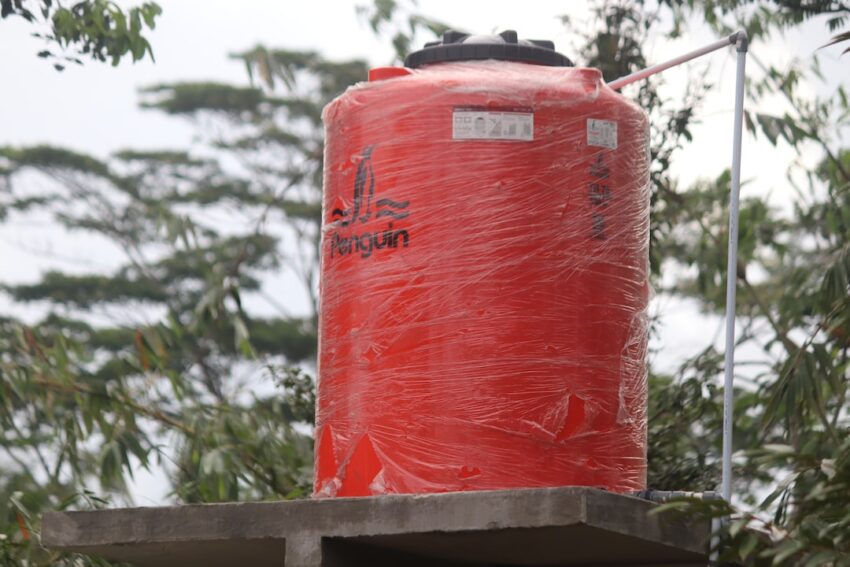Your vehicle’s water pump keeps the engine cool by circulating coolant back and forth between the radiator and the engine. When it breaks down, your car may overheat. There are several warning signs that your water pump needs replacement. Stains under your car or a squealing sound should prompt an inspection.
Strange Noises
Occasionally, a car water pump will start to make strange noises that may indicate it is starting to wear out. Some of these sounds include rattling or even an unusual buzzing noise. It usually shows that a belt attached to the water pump has come loose and needs to be fixed. Also, if you hear a clicking sound that turns on and off, this is a sign that your well or sump pump has gone bad and needs to be replaced. The excessive on-and-off cycle can cause the pump to wear out quickly and create other issues for your home’s plumbing system, like low water pressure or air in the lines. Hiring tank services with well systems and sump pumps to repair your pump before it fails is best. It will save you money in the long run. Also, it will keep your home safe and healthy.
Overheating
Your water pump is a small but important part of the cooling system on your vehicle. This pump circulates liquid coolant/antifreeze through precision-machined passageways in the engine block to prevent overheating. This process continually repeats to ensure that your engine maintains a constant temperature. If you don’t address overheating right away, it can seriously harm your machine, and you may notice a warning light or gauge on your dashboard to let you know. A damaged or failing water pump can prevent fluid flow, leading to your engine overheating. Keeping your water pump in good condition is a key component of the maintenance process. This preventative maintenance maximizes the life of your pump. It keeps it running efficiently by detecting and correcting minor problems before they become major issues that may lead to a water pump repair.
Leaking Coolant
The water pump constantly pumps coolant through your engine to keep it from overheating. If you see puddles of coolant under your car or your temperature gauge is reading higher than normal, this could be a sign that the water pump has gone bad and needs to be replaced. Age and high mileage can cause internal bearings and seals to weaken or fail.
Contamination of the cooling system caused by not thoroughly flushing, using a low-quality antifreeze, or mixing incorrect coolant ratios can also lead to premature water pump seal failure. A leaking coolant seal usually appears as a trail of coolant behind the water pump weep hole or sometimes around the drain valve. It can also occur as a fine coolant mist over the radiator cap. Shaft seal leaks are more difficult to diagnose because they can be intermittent and temperature sensitive. A whining noise from the water pump typically accompanies this type of leak.
High Engine Temperature
Coolant passes through its precision-machined passageways when the water pump works properly to deliver cooling to your engine block. It then travels through the radiator to be cooled again before returning to your engine. This cycle keeps your engine running at a normal operating temperature. When your water pump fails, it causes your coolant to become contaminated with oil, reaching a much higher temperature than it should. It’s also possible that the cooling system will not circulate coolant properly, leading to evaporation. If your temperature gauge is frequently reading higher than it should, that’s a clear sign that you need a new water pump. If you suspect the problem, have a professional water pump replacement done as soon as possible so your vehicle will not overheat and cause serious damage. While the mechanic is swapping out your water pump, they should replace the thermostat and bleed all air from the radiator.


